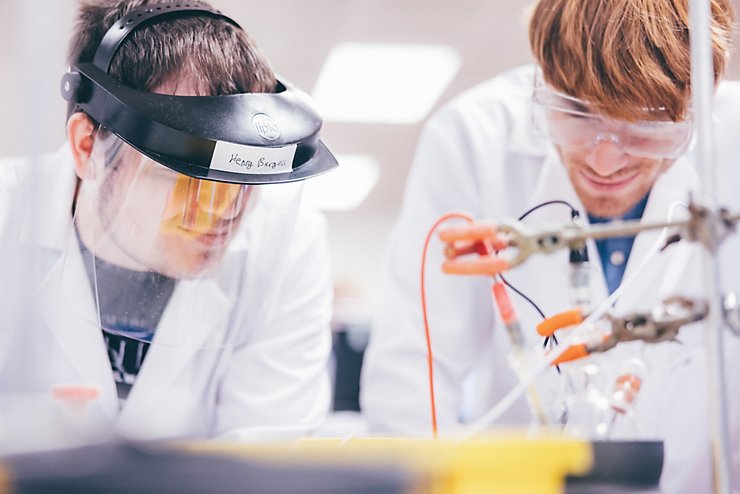Study abroad
Students can choose to take a four-week, self-funded overseas placement in year two.
Placements
On this course, subject to meeting the relevant requirements, you can apply to undertake a four-week placement in year two. While it is your responsibility to organise the placement, we will guide you as to suitable options locally, nationally and internationally and will be provide relevant contacts. If travel and accommodation is required for the placement, you will be expected to fund this yourself.
Please note:
In order to undertake a placement, you will need to achieve the relevant academic requirements as set by the University and meet any requirements specified by the placement host. There is no guarantee that you will be able to undertake a placement as part of your course.
Study abroad
Students can choose to take a four-week, self-funded overseas placement in year two.
Placements
On this course, subject to meeting the relevant requirements, you can apply to undertake a four-week placement in year two. While it is your responsibility to organise the placement, we will guide you as to suitable options locally, nationally and internationally and will be provide relevant contacts. If travel and accommodation is required for the placement, you will be expected to fund this yourself.
Please note:
In order to undertake a placement, you will need to achieve the relevant academic requirements as set by the University and meet any requirements specified by the placement host. There is no guarantee that you will be able to undertake a placement as part of your course.


?fmt=jpg&qlt=85,0&resMode=sharp2&op_usm=1.75,0.3,2,0&wid=740)

